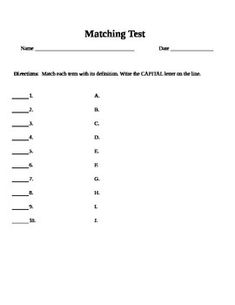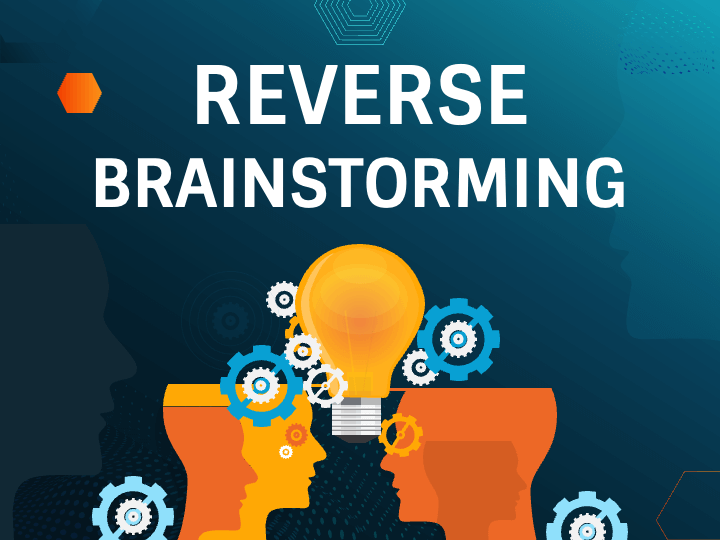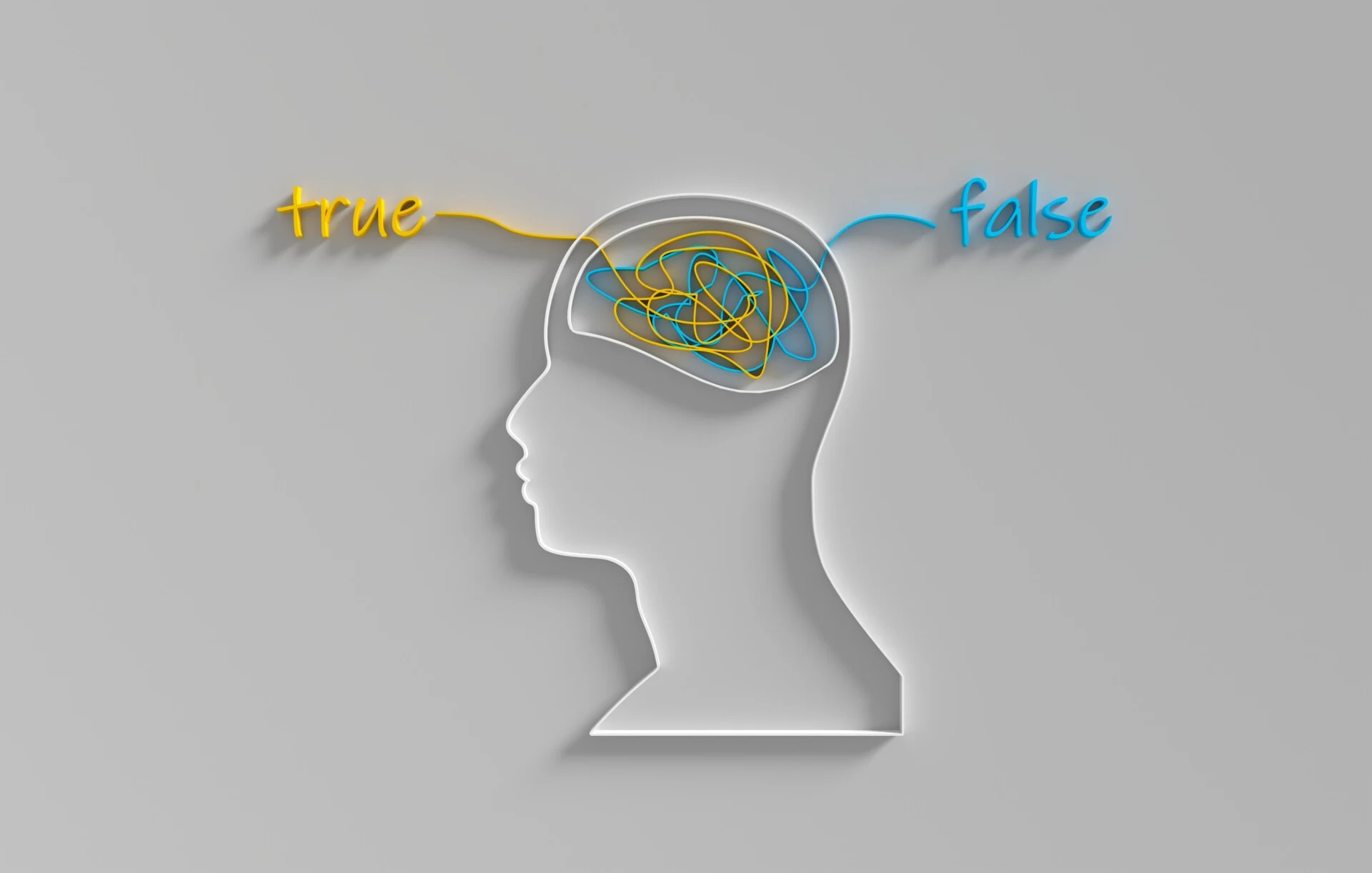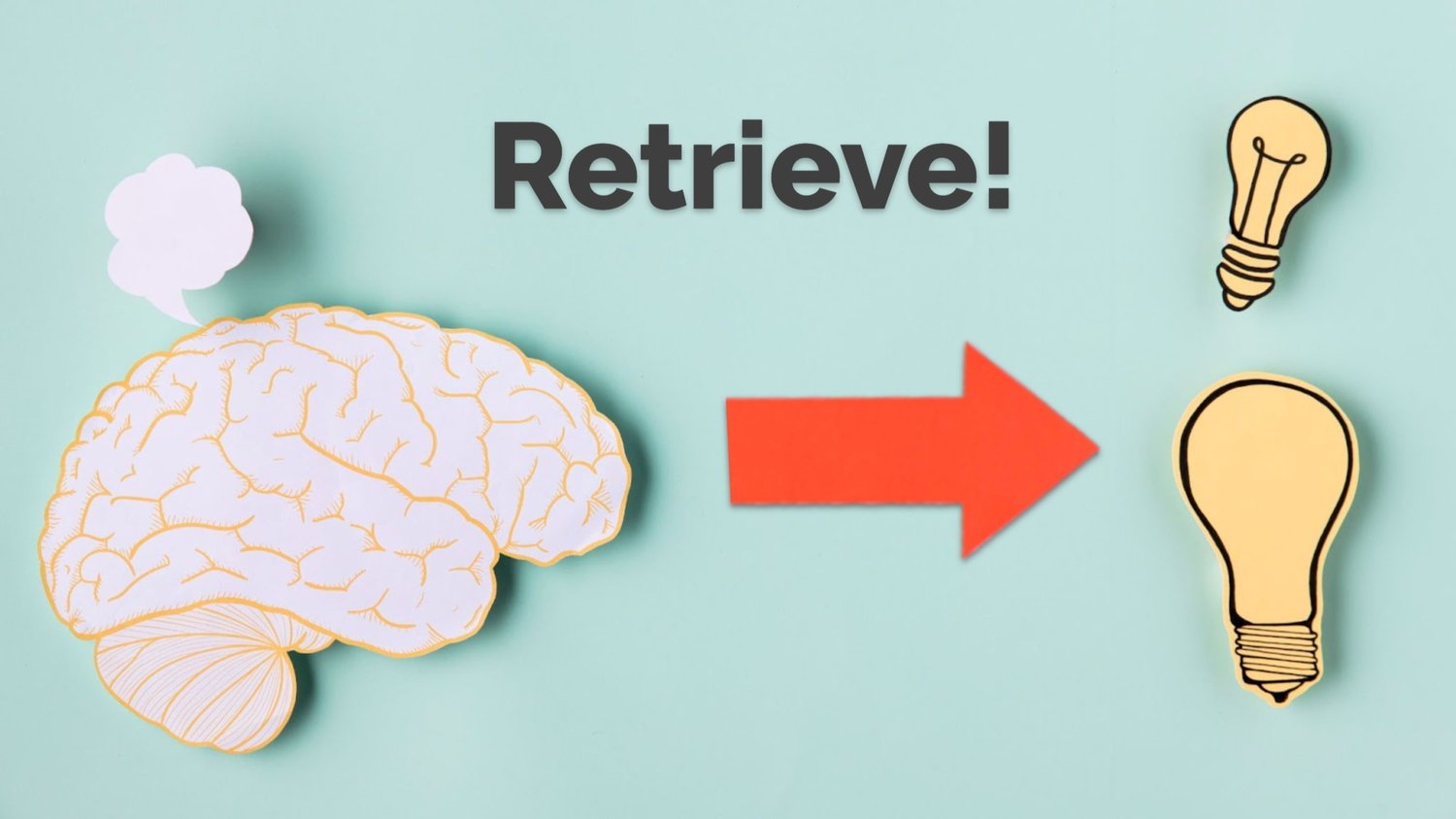Education
What is Licensure?
Licensure is a process by which a governmental authority grants permission to an individual or organization to engage in a particular profession or occupation. This system is designed to protect public health, safety, and welfare by ensuring that practitioners meet specific standards of competence and ethical conduct. The licensure process typically involves: Professions commonly requiring […]
Education
What is Reverse Mainstreaming?
Reverse mainstreaming is an educational approach that involves integrating students without disabilities into classrooms or programs primarily designed for students with disabilities. This concept flips the traditional mainstreaming model, where students with disabilities are integrated into general education settings. Key aspects of reverse mainstreaming: Promotes inclusivity and diversity in learning environments Provides opportunities for students […]
Education
What is Matching Test?
A matching test is an assessment format where test-takers are required to pair items from two separate lists based on their relationship to each other. This type of test is widely used in educational settings and various forms of evaluation to assess knowledge, comprehension, and associative thinking skills. Key features of matching tests include: Common […]
Education
What is Massed Practice?
Massed practice is a learning strategy where an individual engages in continuous, uninterrupted practice of a skill or study of material in a single, extended session. This approach contrasts with distributed practice, which involves spreading out learning or practice over multiple shorter sessions. Key characteristics of massed practice include: Massed practice is commonly observed in […]
Education
What is Reverse Brainstorming?
Reverse brainstorming is a creative problem-solving technique that involves approaching a problem from an opposite or inverse perspective. Instead of directly brainstorming solutions to a problem, participants identify ways to cause or worsen the problem, and then reverse these ideas to find solutions. The process typically follows these steps: Clearly state the problem Reverse the […]
Education
What is Mass Screening?
Mass screening, also known as population screening or community screening, is a public health strategy aimed at identifying unrecognized diseases or risk factors in a large number of apparently healthy individuals. This proactive approach to healthcare seeks to detect conditions at an early stage when treatment is often more effective and less costly. Key aspects […]
Education
What is Retroactive Facilitation?
Retroactive facilitation is a phenomenon in learning and memory where new learning enhances the recall of previously learned information. This concept is somewhat counterintuitive, as it suggests that learning new information can actually improve our ability to remember old information. Key points about retroactive facilitation: It contrasts with retroactive interference, where new learning impairs recall […]
Education
What is Marxism?
Marxism is a social, political, and economic theory originated by Karl Marx, which focuses on the struggle between capitalists and the working class. Developed with Friedrich Engels in the mid-19th century, Marxism has profoundly influenced political and academic thought. Key concepts of Marxism include: Marxism critiques capitalism as an inherently exploitative system that concentrates wealth […]
Education
What is Marginalization?
Marginalization is the process by which individuals or groups are pushed to the periphery of society, excluded from full participation in social, economic, and political life. This complex social phenomenon results in reduced access to resources, opportunities, and decision-making processes for affected individuals or communities. Key aspects of marginalization include: Marginalization can affect various groups […]
Education
What is Retrieval Practice?
Retrieval practice is a powerful learning strategy that involves actively recalling information from memory. This technique is based on the idea that the act of retrieving information strengthens our ability to remember it in the future. Key aspects of retrieval practice include: Active engagement: Students must actively recall information rather than passively review it Effort: […]














